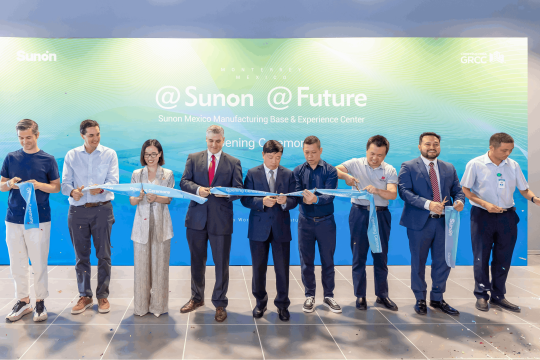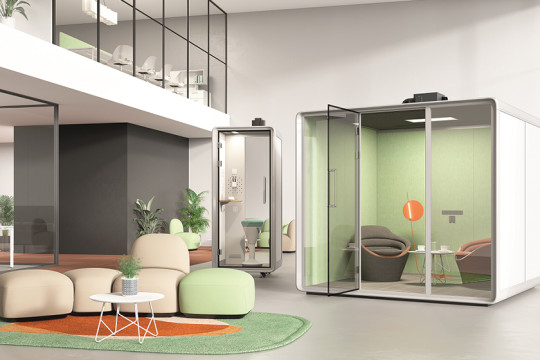Finding Peace: The Rise of Quiet Zones in the Office
The contemporary workplace might make it challenging to find peace. Businesses are leveraging workplace design to foster cooperation by providing areas that enable personnel to run into one another by accident and exchange fresh, creative ideas. While it is evident that this has advantages, using it excessively might actually stifle the same creativity that it is meant to foster. When it comes to productivity and employee welfare, this lack of spaces for reflection and focus can have a negative ripple effect.
The novel approach to the operation of a corporate workplace certainly runs the danger of noisy distractions, regardless of their source. Although it is generally acknowledged that there is a certain amount of ambient noise that is relaxing to the brain and may even enhance productivity, modern workplace designs must offer alternatives at the point where ambient, background noise becomes excessive and productivity-dampening. Employee Morale will suffer if there aren't quiet spaces to match the noisier parts of the office. Hence, having multiple quiet zones is a necessity for every organization.
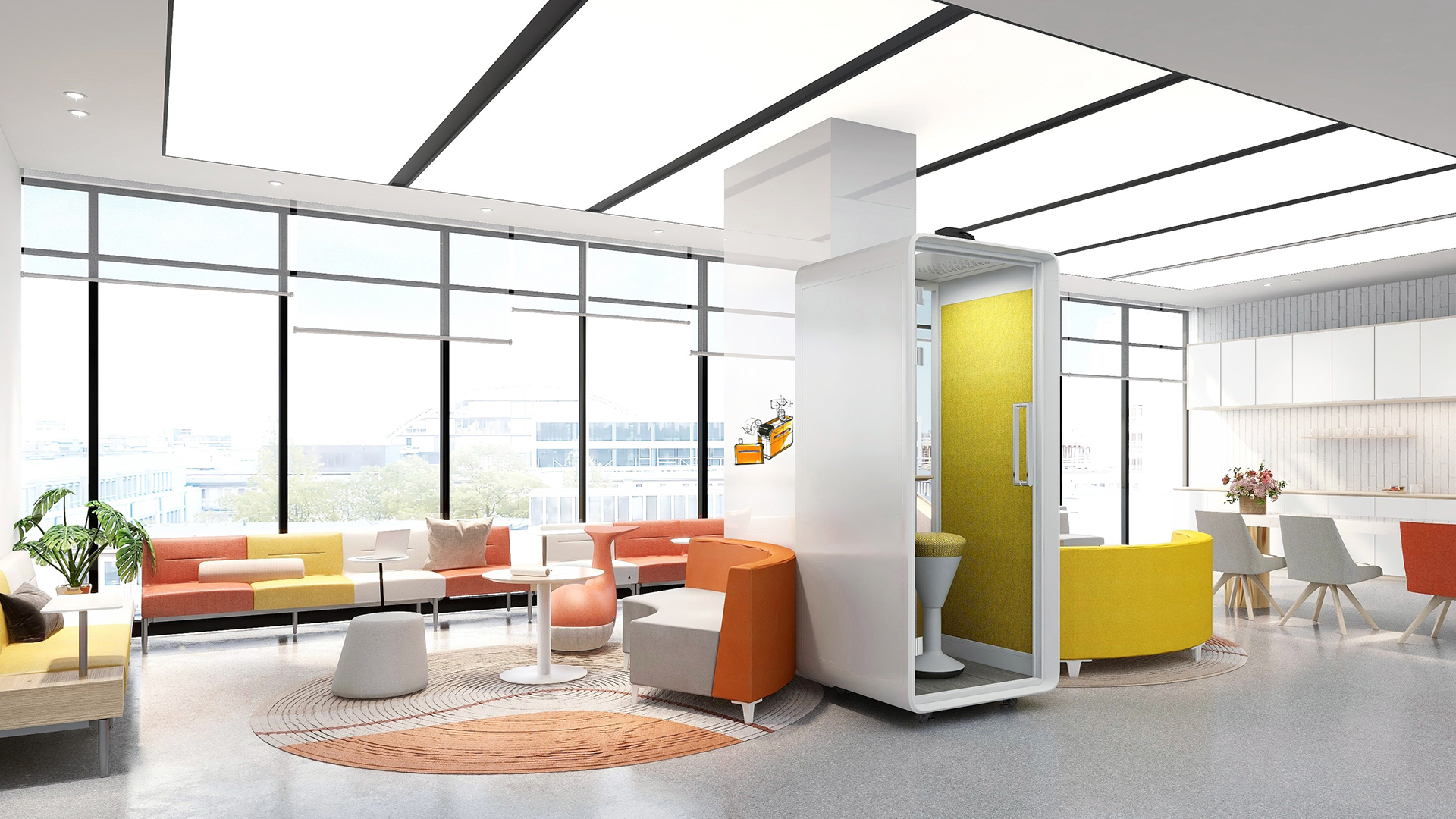
Why quiet zones are crucial to the office?
The way a space is designed, laid out, and finished can significantly alter the privacy and ambient noise. It makes sense to provide employees an option so they may select a workspace that suits their needs and way of working. Here are some of the reasons to provide quiet spaces for its employees.
Different personalities need different spaces
Since everyone has different workstyles, not everyone is fully comfortable in an open floor plan. An assessment of how people accept interactions with others is a key part of the Myers-Briggs personality theory and other personality theories. For example, when things are a little quieter, introverts feel most alive and alert. Even if you are an outgoing person, there will be moments when you need some alone time to regroup or refuel. You might find that the introverts appreciate you occasionally using the quiet areas as well.
Control incoming and outgoing information
You can still be distracted by other people in open workplaces with privacy screens, whether it's someone who frequently walks by or someone who frequently answers phone calls next to your workstation. When working on focused tasks, distractions might be reduced in quiet areas.
If there aren't enough quiet, private spaces for employees to handle client or personal conversations, they'll disturb their colleagues and appear to leak confidential information. This could even be relevant to the task they're doing if they're working on something that has to be kept private or that needs to be approved by superiors.
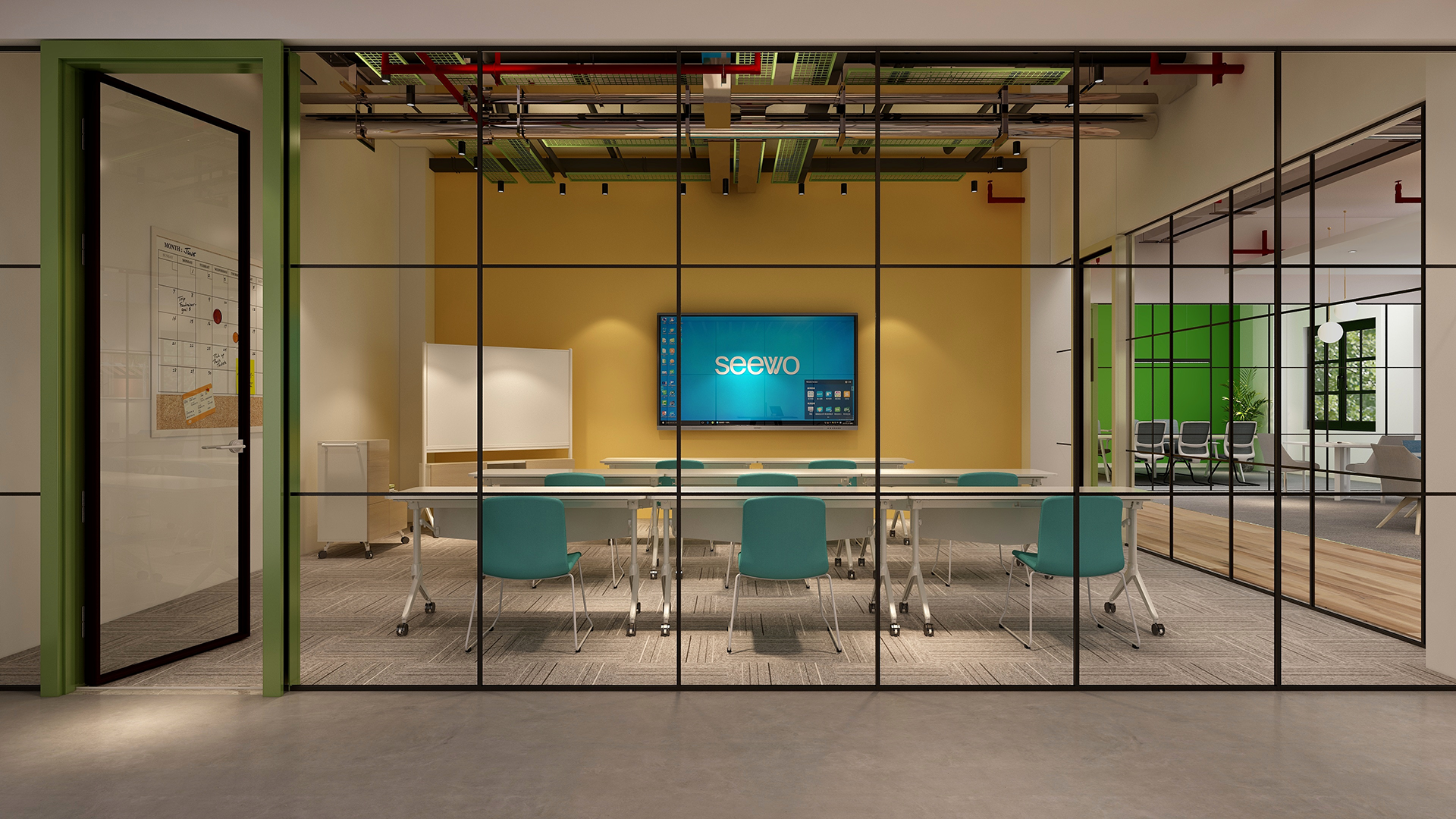
Facilitate collaboration
Coworkers may now meet in more private settings thanks to the recent trend of smaller, quieter rooms. It is easier to brainstorm and talk to others when you reserve a private space. Effective noise-reduction is provided by semi-private areas, which is ideal for fostering connections and participation in any work- or leisure-related setting, devoid of visual and auditory office distractions.
Connect hybrid workers
Today, offering employees quiet spaces for hybrid working is crucial. It can be challenging for remote employees to feel like they belong in an office setting. And although the ideal way to achieve that is to have them visit the office frequently, a private hybrid meeting place is a terrific way to make it seem like they're in the room with you, taking part in the discussion and making choices.
Adding quite zones in the office
Offering workers private spaces where they may meet privately, meditate, or take a break from other coworkers is one solution. People can reserve this area as needed using a straightforward booking system. Or you could invest in specialized phone booths or “office pods” designed to create a bit of privacy in the midst of an open space.
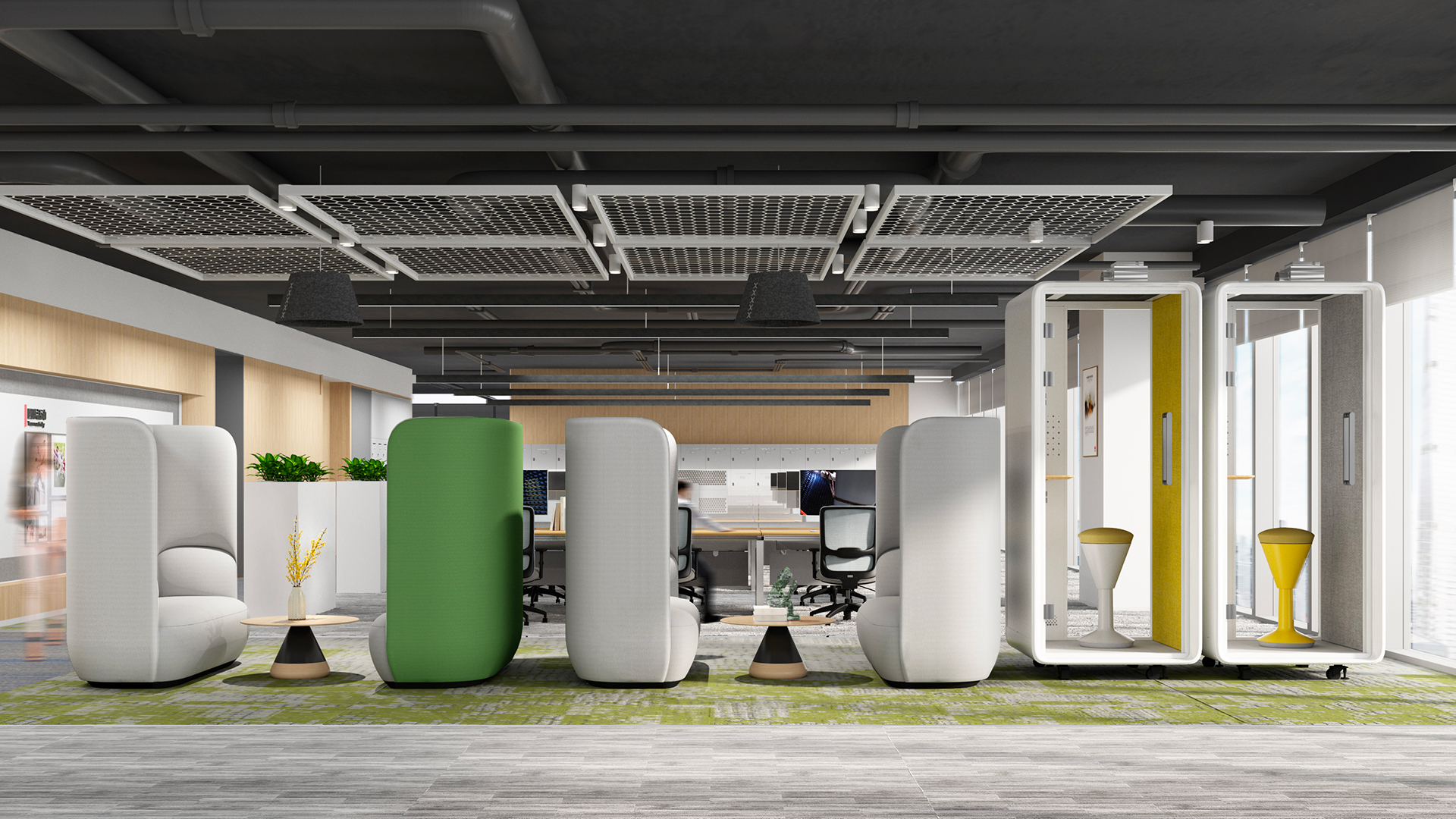
A fantastic option to give occasional privacy without allocating private office space for each employee is to construct many private rooms for staff to share. Another option is to designate specific workstations as "focus zones" where chatting is prohibited.
Without having to construct a separate office, furniture may be imaginatively used to give a space a private office feel. Whiteboards, acoustic partitions, high-backed furniture, and dividers may all be positioned strategically to create areas for employees to concentrate. Keep a lounge chair in the corner or other mobile furniture that can be moved around easily when needed.

